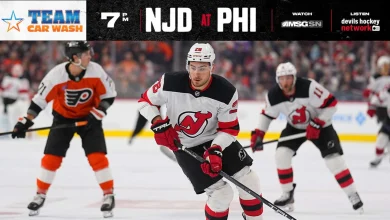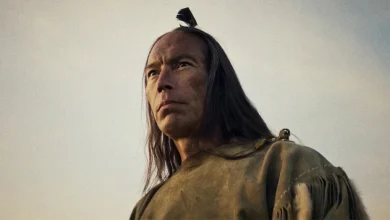Rob Jetten and D66 were the Dutch election’s big surprise. Who are they?

Start from the beginning, please, who won the Dutch election?
The liberal-progressive D66 party — short for Democrats 66; founded in 1966, natch — is on track to win 26 seats in the Netherlands’ 150-strong parliament, according to a preliminary forecast. That puts them equal with the hotly tipped Wilders and his PVV, which just two years ago scored a huge election win, and ahead of other mainstream conservative, socialist and liberal parties.
OK, D66 then, what do they stand for?
D66 is a pro-European party that tends to draw in urbanite, high-income voters.
While the party’s pitch in its early days was to have prime ministers and mayors directly elected, in 2025 it focused its campaign on solutions to the Netherlands’ housing crisis, notably with a plan to build new cities. It also picked a hopeful slogan: “It is possible,” evoking former U.S. President Barack Obama’s “Yes We Can” optimism.
The party campaigned on pledges to focus on “affordable, green energy from our own soil” to keep energy prices down, while securing the “healthiest generation ever” by prioritizing the prevention of illness. It also wants greener residential areas and an emphasis on better education.
D66 beefed up its stance on migration, advocating for a system that would have people lodge asylum applications outside Europe, with leader Rob Jetten warily noting the collapse of two successive Dutch governments over asylum policy.
The party also pushed to reclaim the red-white-and-blue tricolor flag as something for mainstream Dutch voters to be proud of after angry farmers turned it upside down in protests and Wilders clutched it for populist-nationalist reasons.





